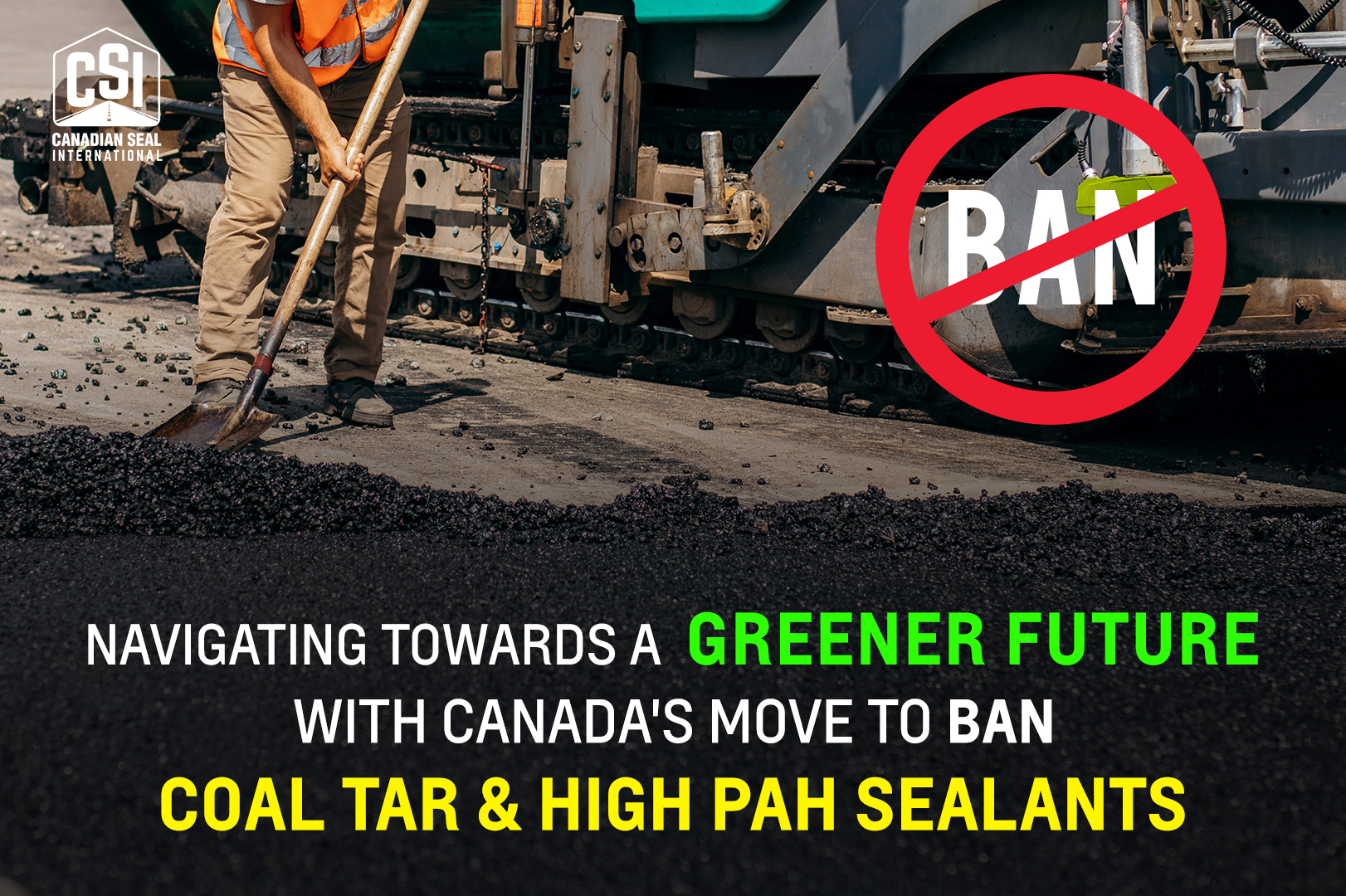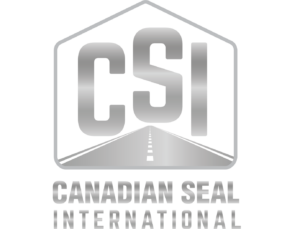Our Address
7035 Industrial Drive Lakeshore
Comber, ON N0P 1J0, Canada
Call Anytime - 24 Hrs Support
Canadian Seal International | Pitch Black Asphalt Emulsion Sealer
Canada is on the verge of taking a significant environmental leap forward.The Canadian government, via its environmental agency comparable to the EPA, has announced a crucial decision: the phasing out of coal tar and high polycyclic aromatic hydrocarbon (PAH) pavement sealants. With its two-tier regulation strategy, this bold step is slated to come into full effect by 2025.
This proactive move by Canada is not without a solid foundation. Scientific research across various Canadian cities, some of which have been covered by the media for over a decade, underscores the necessity of this ban. Interactions with an array of Canadian researchers, contractors, suppliers, and regulators have illuminated the path to this decision.

Here are the key points:
This anticipated ban is more than a regulatory change. It reflects a commitment to safeguarding public health and preserving the environment for future generations. As Canada takes these strides, it addresses immediate concerns and sets a precedent for environmental policy.
The implications for industries and consumers are significant as we approach implementing these regulations. Canada’s stance is a beacon for environmental stewardship, showcasing the country’s dedication to a healthier, cleaner world.

Does your pavement need a professional Pitch Black Asphalt Emulsion Sealer? Canadian Seal International offers the best pavement sealer in the region. Feel Free to contact us for your residential or commercial pavement sealing needs.
Open Monday to Saturday
From 7 AM to 6 PM